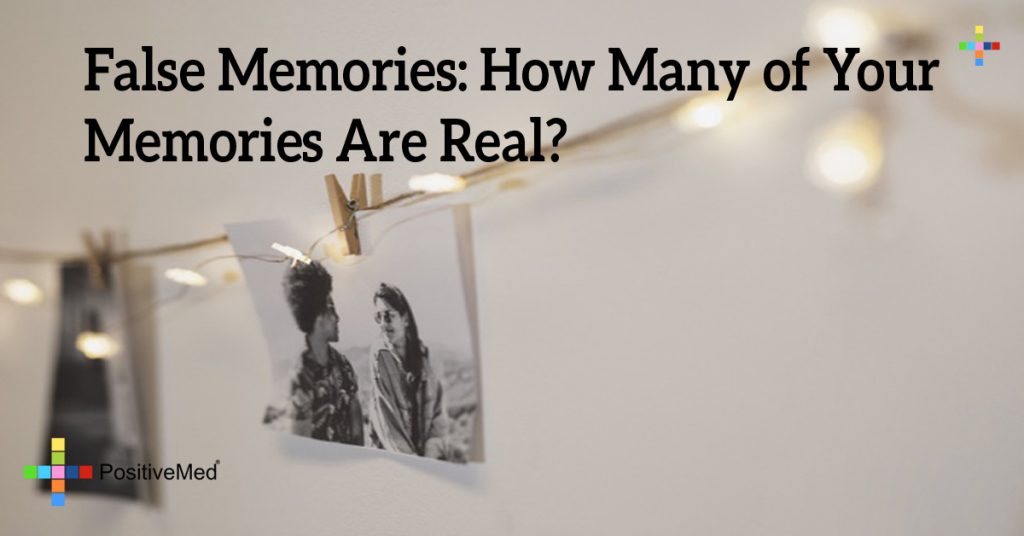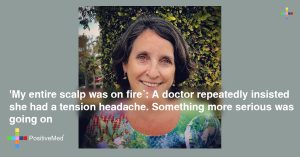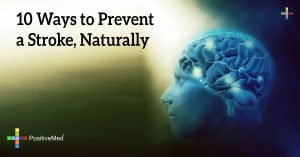
False Memories: How Many of Your Memories Are Real?
Interest in false memories arises from cases in which children’s claims of $e*u@l abuse were questioned. A false memory is when we clearly remember things that never happened. False memories can affect us all, even those with extraordinary memory.
Our brain handles so much information we forget much of it, it’s just too much to process and keep. Research indicates that because of the large amount of information we need to handle every day activities our brain uses strategies to overcome and adapt this problem by selectively remembering only useful information, according to our goals and motivations. It has been demonstrated that there is a prioritizing process for encoding and retrieval information. Certainly human memory is susceptible to errors, sometimes a result of post-event information, leading questions, reports of others, contact with other people, and intentional suggestions. In an experiment about false memories participants are asked to view an exciting event, like a crime, then some of the participants are exposed to misleading information about what happened. This misleading information makes the memories of those who received this exposure less accurately.
One of the many theories is the fuzzy trace theory. In this theory people create two kinds of memory traces: verbatim traces that record surface sensory information such as smell, color, and sound; and gist traces identified with more abstract details of an event, such as interpretations, elaborations, or meanings. Verbatim traces are more robust over time, while gist traces are susceptible to interference and fragment. According to their proponents, false memories are created when people’s memories rely exclusively in gist traces, or when verbatim memories are confused with memories from another source. Another theory, the source monitoring framework (SMF) argues that false memories are created when people mistakenly believe imaginary events are autobiographic events. According to this theory, people don’t have the memory outright, instead we look for a variety of sensory cues.

Real memories contain more sensory details, (colors, smells, sounds) and conceptual details (spatial, temporal) than imaginary memories. They tend to be more coherent, consistent and logical.
Some psychological techniques like guided imagination, dream interpretation, or hypnosis tend to produce false memories. In some experiments children who were exposed to additional knowledge about false memories (being lost in a mall, a trip to Disneyland, being abducted by a UFO) shows they more readily develop false memories.
False memories can be planted in animals, neurons in a mouse’s brain firing at the wrong time may be able to make imagination seem real.
75% of the 250 U.S. prisoners exonerated by DNA evidence were originally prosecuted and convicted due to faulty memories.
One-third of 560 participants in 10 published studies were identified as having partial or complete false memories.
Sources:
Bui, D., Friedman, M., McDonough, I., & Castel, A. (2013). False memory and importance: Can we prioritize encoding without consequence?. Memory & Cognition, 41(7), 1012-1020.
Laney, C., & Loftus, E. (2013). Recent advances in false memory research. South African Journal Of Psychology, 43(2), 137-146
Otgaar, H., Smeets, T., & Peters, M. (2012). Children’s Implanted False Memories and Additional Script Knowledge. Applied Cognitive Psychology, 26(5), 709-715
Thean, T. (2013). Remember That? No You Don’t. Study Shows False Memories Afflict Us All. Time.Com, 1.





